When you think about your mindset, how often do you change it? I mean tangibly make a conscious effort to CHANGE it.
It is so easy to go through life, relationships, and even parenting on autopilot. Something happens and we react to it. If it’s good, we often feel joy and excitement, and may burst out into laughter or call our best friend. But if it’s bad, the opposite is quite true too. If we are running on autopilot we don’t have much control over our reactions; they are all based on feelings. And often times those feelings can begin to overshadow everything else.
However, if we start to build consistent boundaries and have set ways that we deal with situations when those boundaries are broken, we begin to gain control of our mindset, actions, and even our feelings.
The same true for parenting!
Throughout the toddlers years I have been faced with moments of defiance and pushing those boundaries, to see just how far my kiddos can take them. And yes, it can feel helpless at times! But believe me, there is a better way to parent and a lot of it starts with you.
Your mindset can give you the biggest change in parenting.
When parenting, mindset matters!
When I talk about mindset, I’m talking about how you decide to approach a situation. One of the things I found most beneficial to raising toddlers and avoiding meltdowns; was to approach the situation with them, instead of letting my emotions decide what came next.
The easiest way this can be seen is setting clear boundaries and expectations together. And if a boundary is broken, then you have clear consequences for it. This way it takes a lot of the guess work out of parenting, and both the parent and the child will know what to expect.
For example, if I spill something, I will clean it up.
The same goes for my kiddos. We have a boundary and expectation in our house, that if you spill something, you are responsible for cleaning it up.
Now, I may help them with it, but it is something that they know they are responsible for and won’t leave until it’s finished. As we clean up the mess together, I often talk to them in a calm voice about what supplies we need to clean up, how it’ll be easy to do, etc.
I try to not to let my emotions rule me (which can be tricky!) But essentially, I don’t want to make them feel bad, belittled, or that they are incapable of doing things properly. I want them to know they are loved, even if they make mistakes.
When you first start setting boundaries, it takes patience. Sure it’s easier and much faster just to clean up after them, but then why would they ever stop spilling things? Would they start doing it on purpose, knowing you’ve set the expectation to clean up after them? What does that look 5-10 years from now?
“Ultimately then, our kids need us to set boundaries and communicate our expectations. But the key here is that all discipline should begin by nurturing our children and attuning to their internal world, allowing them to know that they are seen, heard and loved by their parents – even when they’ve done something wrong…When your child is at his worst, that’s when he needs you the most.”
Daniel J. Siegel, Tina Payne Bryson, No Drama Discipline
By taking this step-by-step process of setting clear boundaries, having known expectations, and consequences when those boundaries are broken you are able to assess situations more easily and know how to best respond to your child.
As you begin to set boundaries in your own family,
give yourself lots of grace!
Yes, you can make boundaries instantly! But, usually it takes time (and reminding) for those boundaries to be known. So give yourself, your partner, and those kiddos lots of grace as you figure out what works best for your family.
If you are looking for more info on parenting intentionally instead of reactively, I highly recommend reading: No Drama Discipline. This book has a focus of gentle parenting techniques; while going into the neurological reasons for why this is beneficial with raising kiddos. I have used this book so many times in our early toddler years!
Let’s Keep the Convo Going…
What is a boundary that your family has in place?
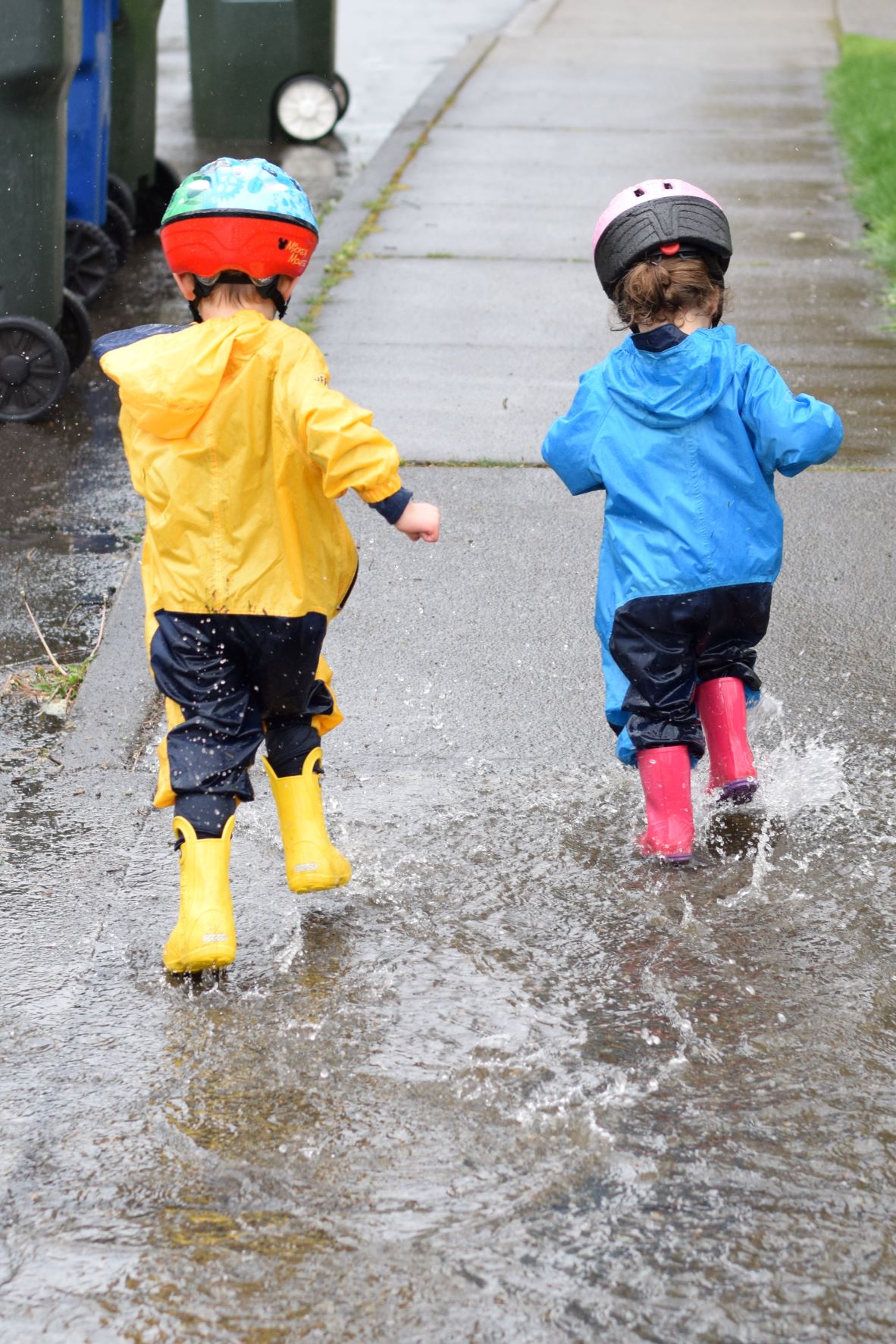
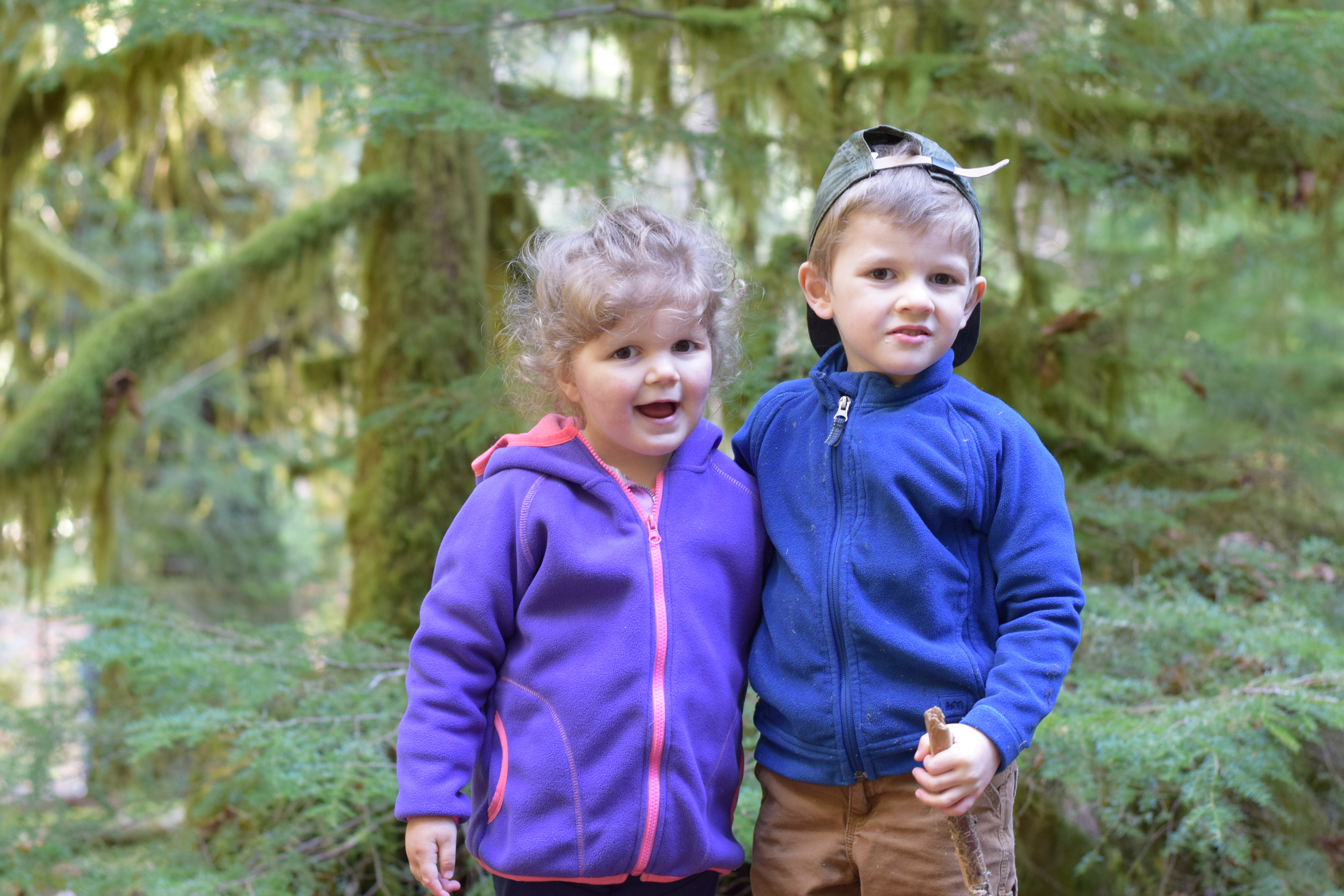


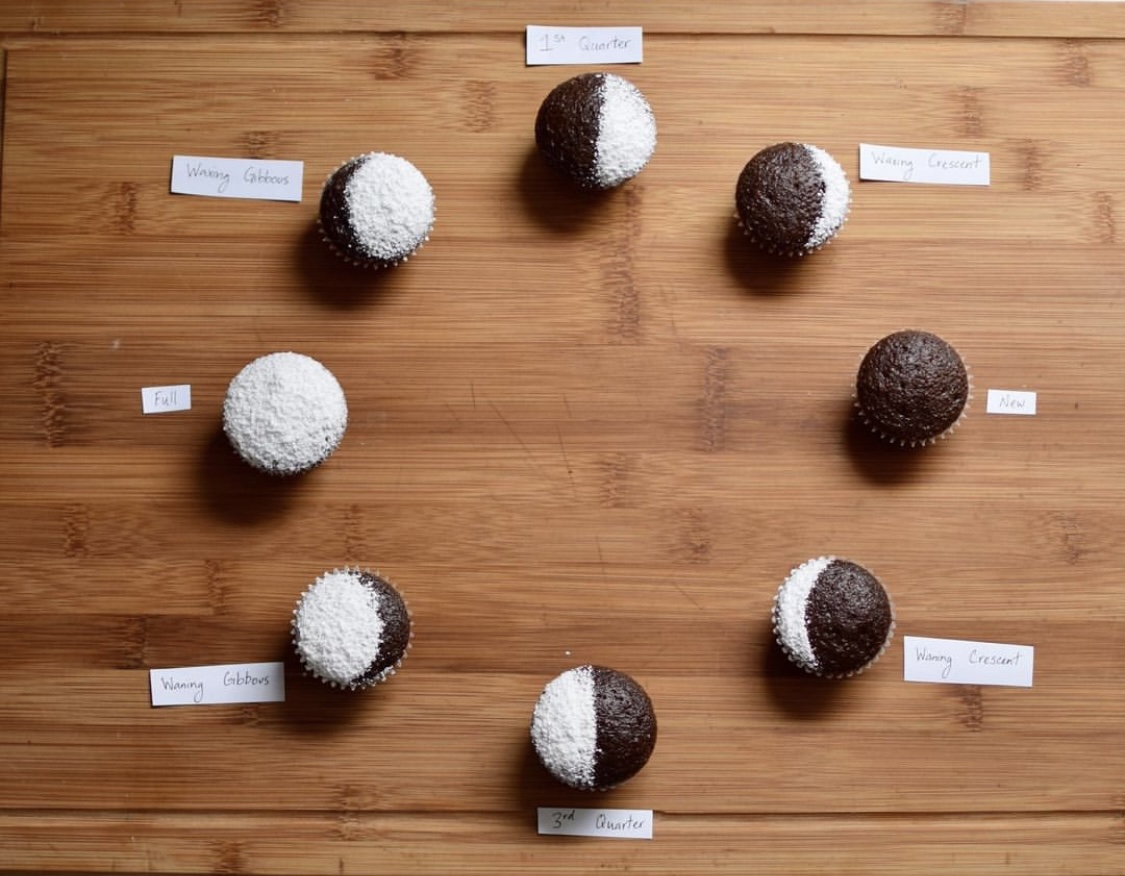
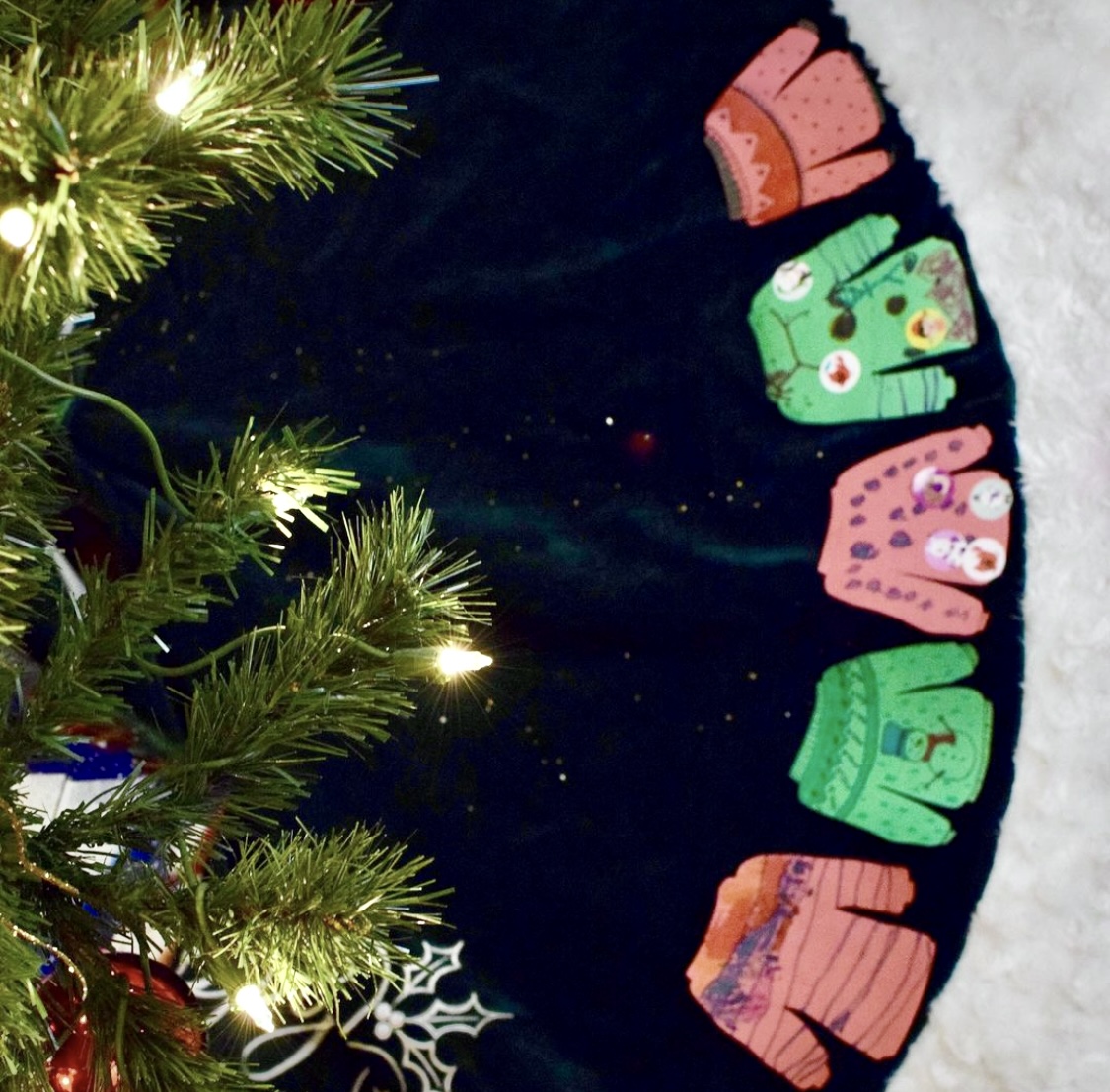



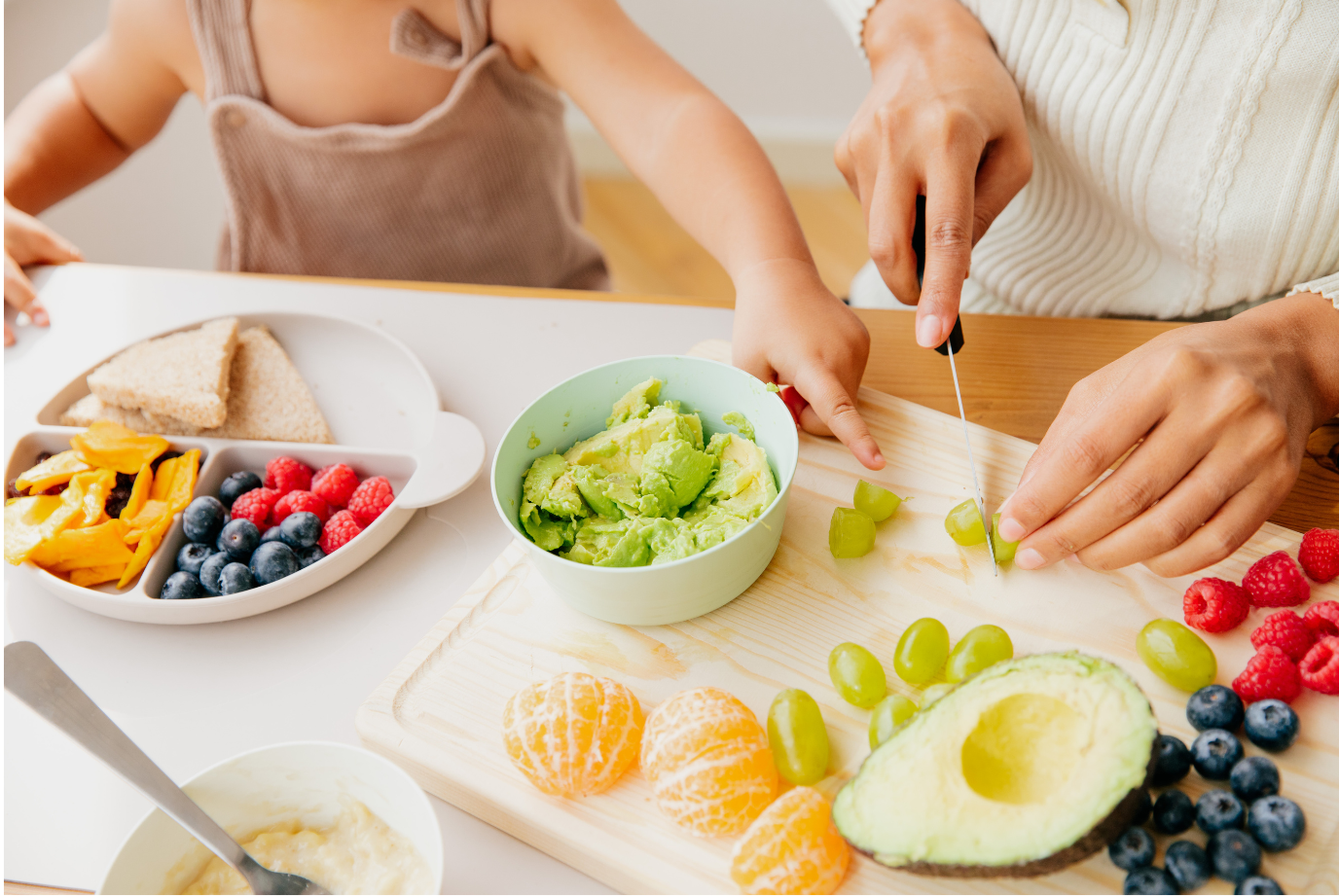


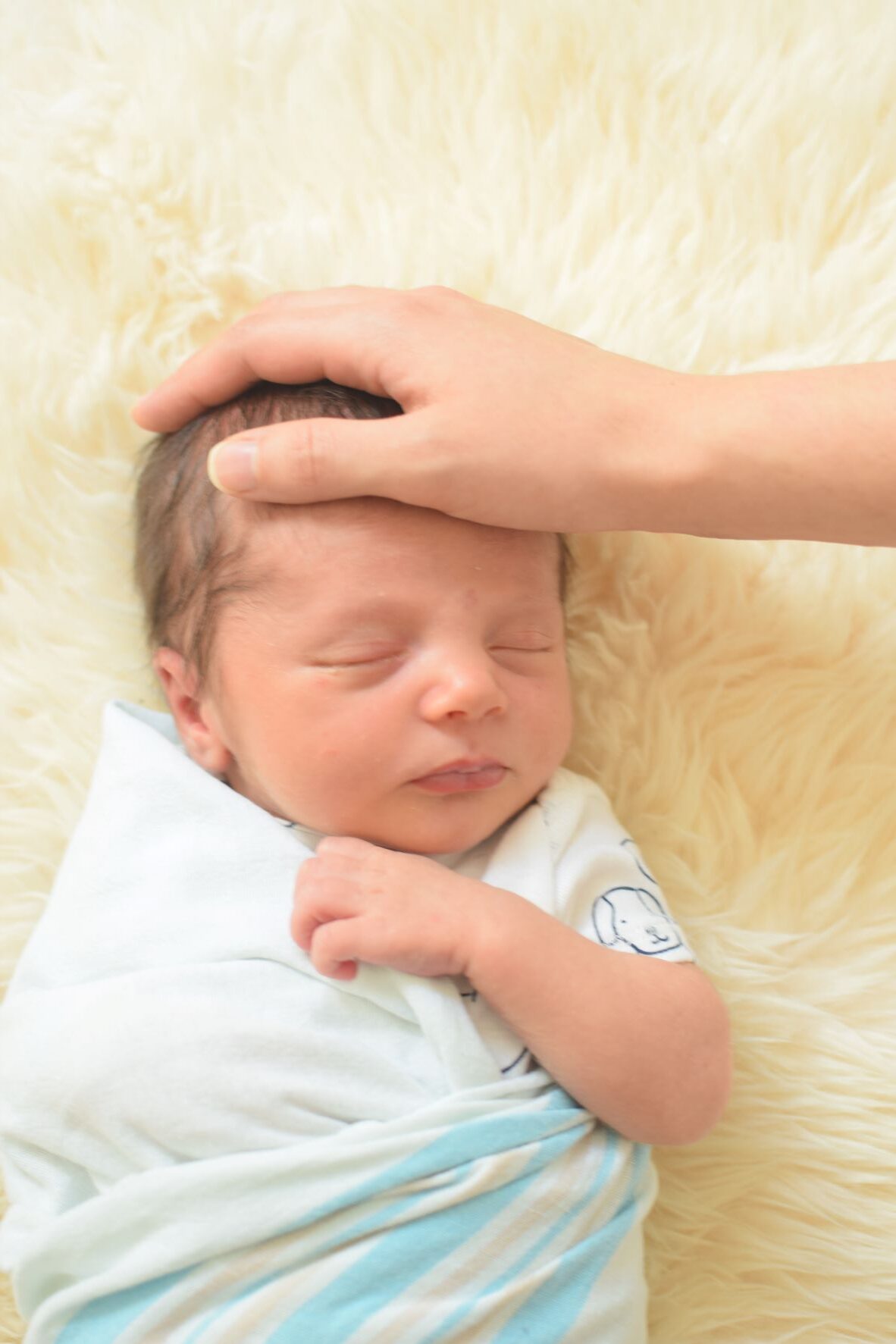
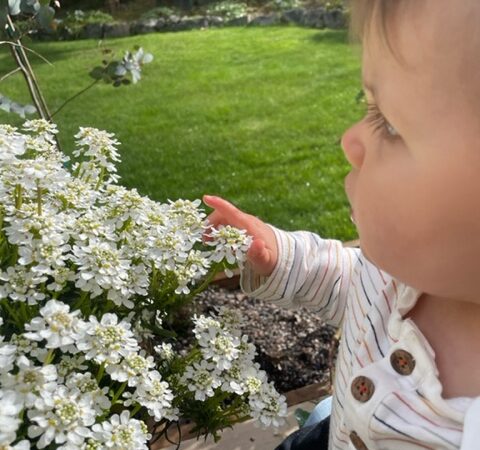
0